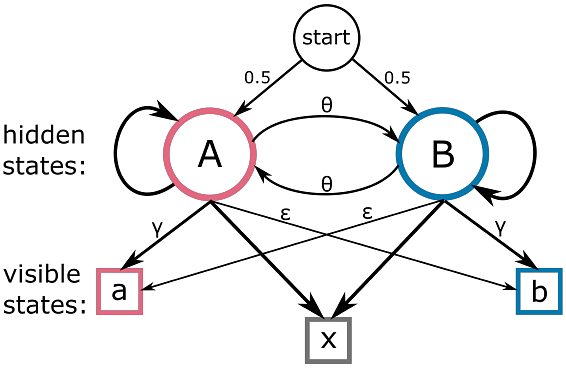Automated Bacteriophage Evolution Studies with the Aionostat

Automated Bacteriophage Evolution Studies with the Aionostat
Druelle, V.; Molari, M.; Castagnetti, G.; Harms, A.; Neher, R. A.
AbstractBacteriophages, the viruses that infect bacteria, are the most abundant and diverse biological entities on our planet. They play a critical role in shaping ecosystems and are increasingly recognized for their potential in treating bacterial infections. Yet, our comprehension of their biology and evolutionary dynamics is limited, largely because research has concentrated on a select few well-characterized phages or relies on broad metagenomic studies with limited follow-up analysis of individual phages. This knowledge gap hinders our capacity to exploit their therapeutic and ecological possibilities -- and while some studies have attempted to bridge it, such efforts typically require a lot of manual labor, highlighting the need for high-throughput, reproducible methods for in-depth study of phage evolution. To address this gap, we introduce the Aionostat, a novel automated continuous culture device designed to facilitate bacteriophage directed evolution experiments at scale. The Aionostat's potential is showcased through two example experiments. In the first, phages from the BASEL collection rapidly adapted to a challenging E. coli strain, acquiring mutations and deletions that improved their infectivity. In the second experiment, we evolved a mixture of these phages on the same E.coli strain, leading to the emergence of recombinant phages with increased fitness. By automating these experiments, the Aionostat enables faster, more reproducible studies of phage evolution that would be impractical to perform by hand, thereby opening new avenues for investigating viral dynamics, engineering phage therapies, and studying evolutionary principles in broader biological contexts.